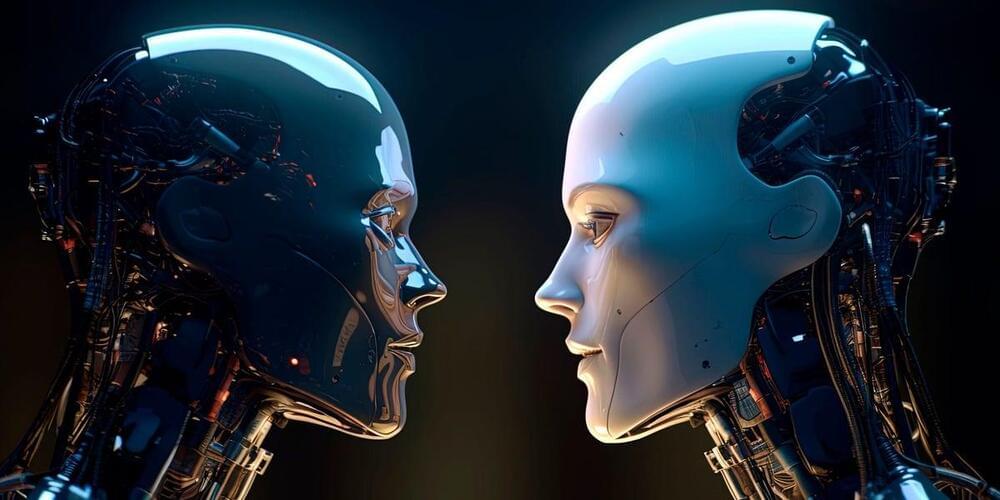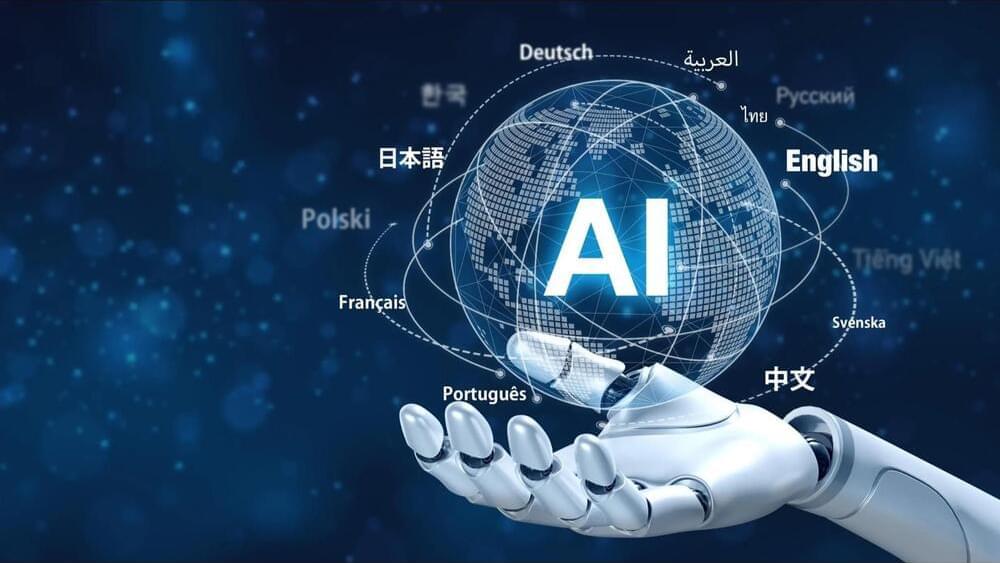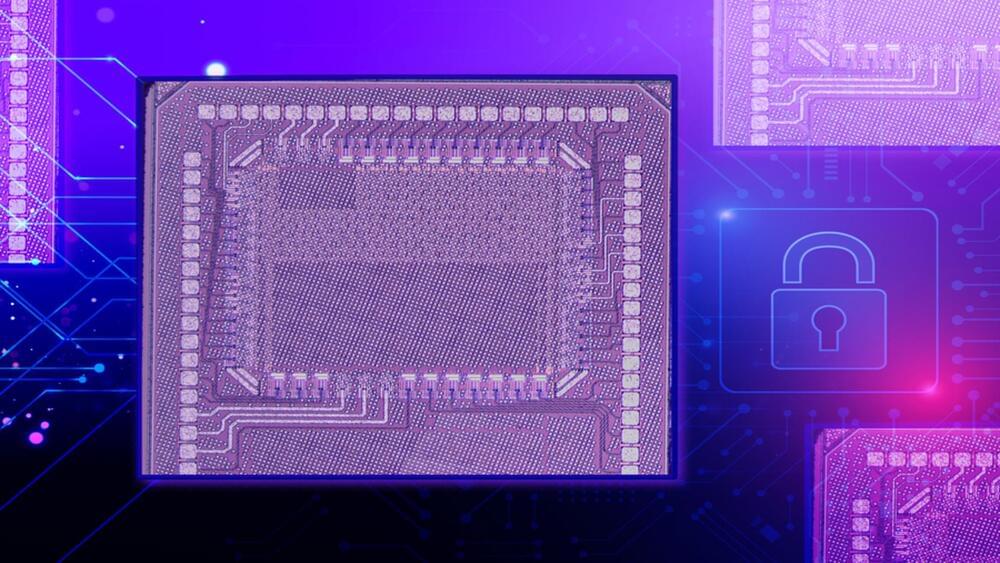We’re beginning to see the early stages of that trend pick up pace: In 2022, 34% of job tasks were completed by machines versus 66% by humans, according to the World Economic Forum’s “The Future of Jobs Report 2023”. By 2027, that ratio is expected to increase to 43% of tasks completed by machines and 57% by humans.
“On the one hand, yes, it’s scary to envision a world in which almost no job is safe from automation or from robotics. But the important thing to keep in mind is that through this kind of creative destruction process, while jobs will certainly be lost in some areas, there also will be jobs that will be gained.”
Despite those concerns, investors are looking for ways to bet on the growth of robotics. And according to the International Federation of Robotics, they don’t have to look very far. The US is home to the most suppliers that manufacture service robots and is well-positioned to cater to the rapidly growing global demand for robotics. The annual installation of industrial robots is expected to grow by about 30%, from 553,000 installations in 2022 to 718,000 in 2026.






